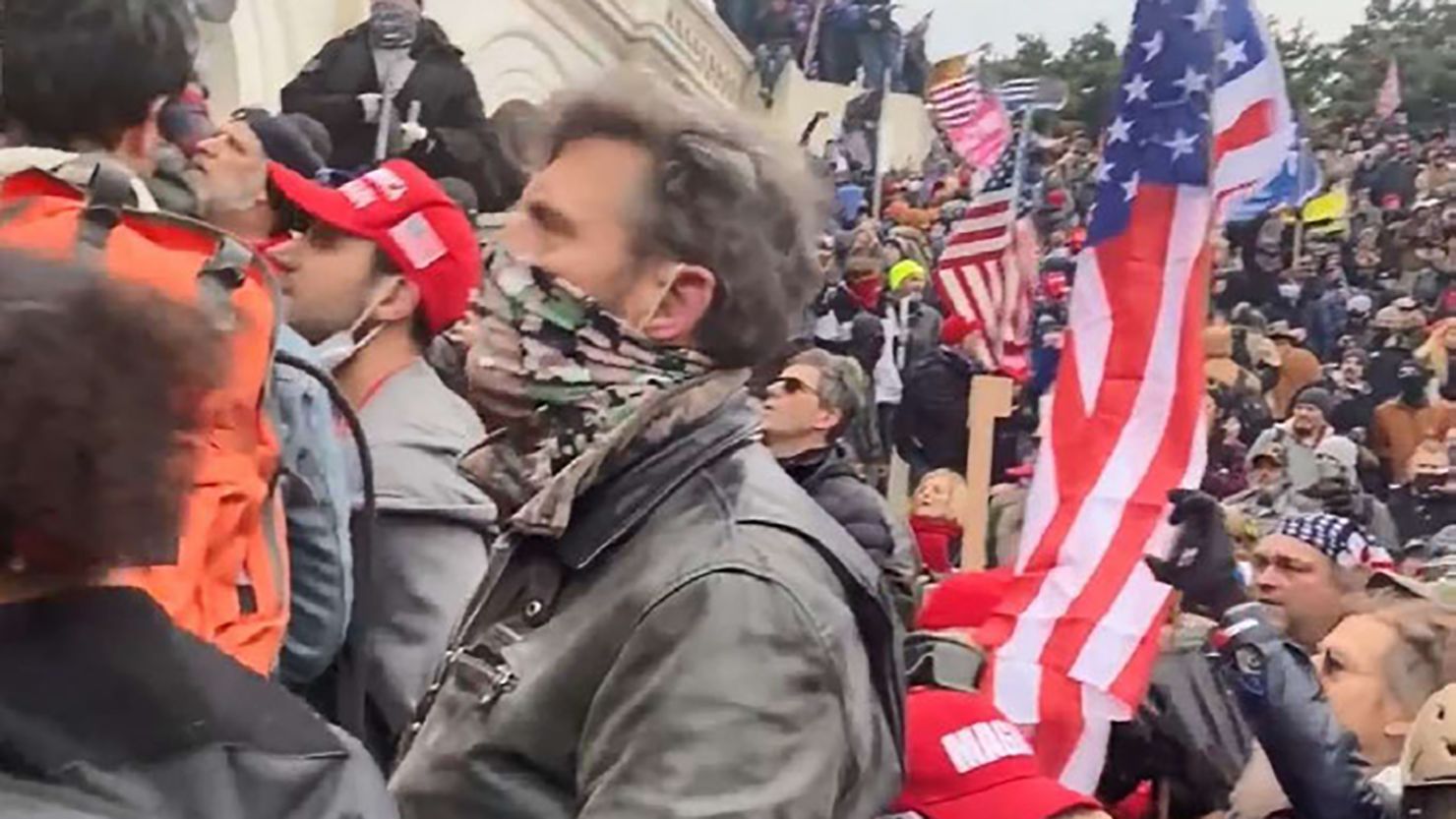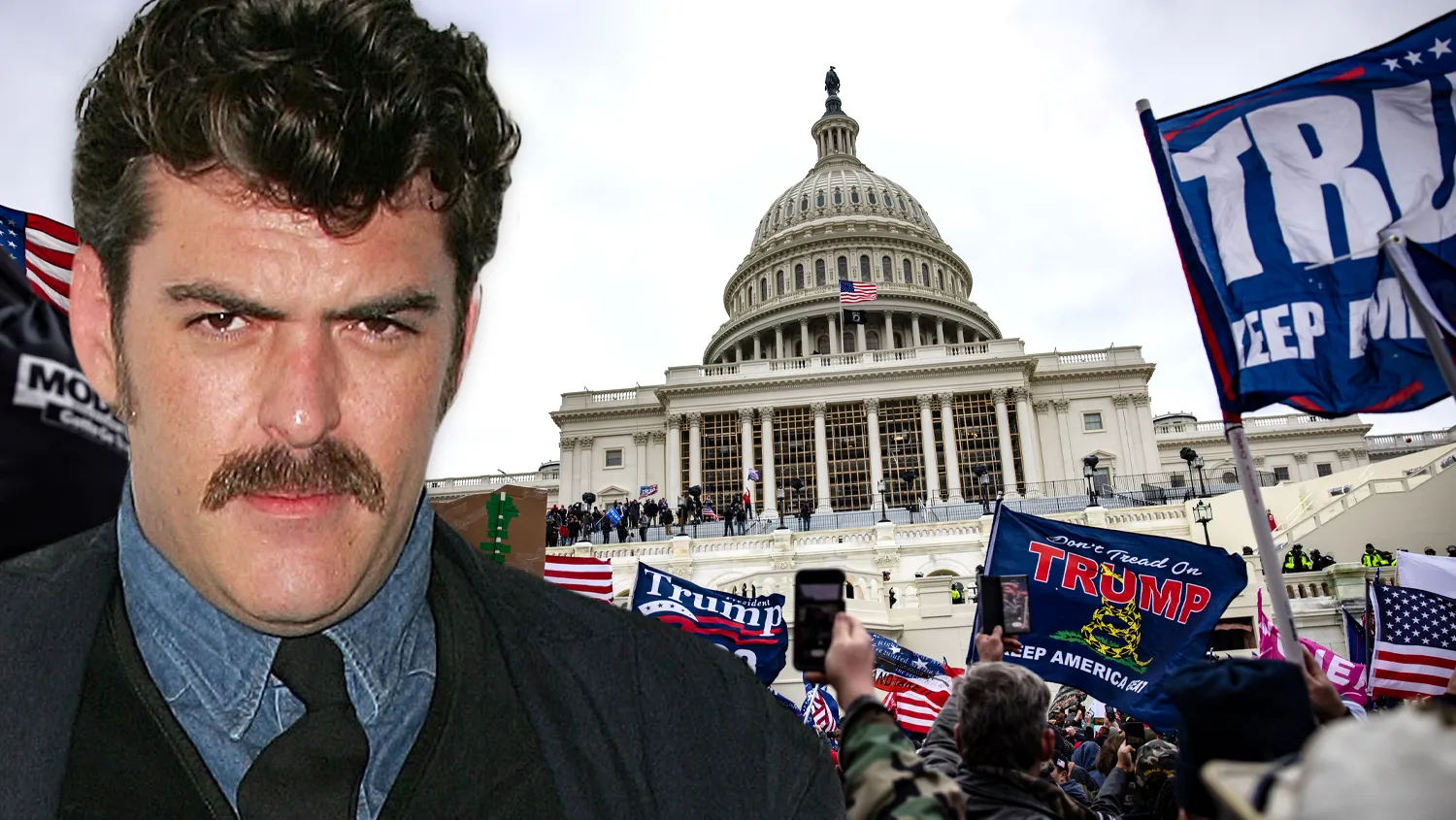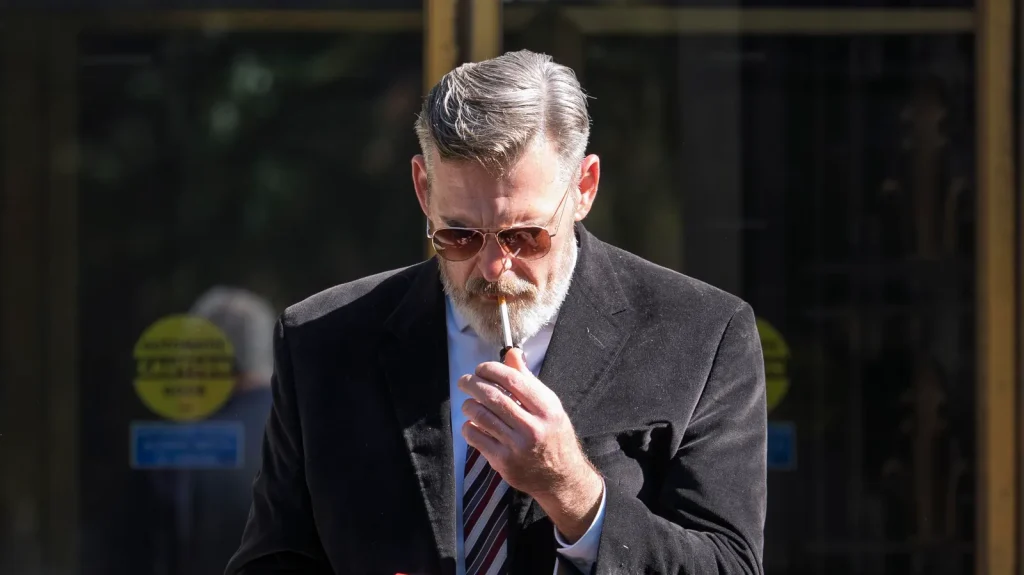Jay Johnston, a comedic actor once beloved for his roles in “Bob’s Burgers,” “Arrested Development,” and “Anchorman,” received a year-and-a-day prison sentence for his role in the January 6, 2021 Capitol riot. The sentence represents not only a personal tragedy for Johnston, who has been blacklisted from Hollywood, but also a cultural flashpoint in the broader discussion on the responsibility of public figures in periods of political upheaval.

Johnston’s involvement on January 6 went beyond mere attendance; he joined other rioters in an aggressive “heave-ho” against police guarding a tunnel entrance and recorded himself mocking the scene, adding a layer of irony as he attempted humor amid chaos. His sentence is a reminder of how quickly actions at such events can spiral beyond anticipated involvement and illustrates the difficulty in separating celebrity image from reality.
In court, Johnston expressed remorse for his role, admitting that he “made it more difficult for police to do their job” and confessed to a lack of political awareness that, he suggested, blinded him to the events’ likely escalation. This admission highlights a common thread among many defendants: an underestimation of the day’s potential for violence, exacerbated by the echo chamber of misinformation that surrounded January 6.
Johnston’s sentencing reflects a trend in the legal repercussions faced by high-profile rioters. Though his defense argued that he was targeted because of his fame, the reality is that his high visibility may have placed him in a position where leniency could undermine broader efforts to dissuade similar actions. By focusing on Johnston’s prominent status, prosecutors underscore a shift in accountability that seeks to hold influential individuals to higher standards in both action and post-event rhetoric.

Johnston’s life has changed dramatically since his involvement. Once a comedic staple, he has since lost his role on “Bob’s Burgers” and now works as a handyman, a stark contrast to his previous Hollywood successes. His case is an exploration of the personal cost of public controversies, particularly in Hollywood, where a perceived lack of remorse or attempts at downplaying involvement—such as dressing as the “QAnon Shaman” at a Halloween party—can contribute to lasting career damage. While some may see his subsequent employment struggles as an appropriate consequence, others argue it underscores how cancel culture can complicate rehabilitation for those convicted of crimes.
For many of the over 1,500 defendants linked to the Capitol riots, Johnston’s case illustrates the complicated mix of legal, social, and professional fallout that has become part of the reckoning. His sentence reminds us that actions taken in moments of political tension can result in long-term impacts, especially for those with public platforms. With each high-profile sentencing, the Justice Department aims to underscore that accountability knows no celebrity immunity—something the January 6 defendants are confronting as they face the consequences of one tumultuous day.




